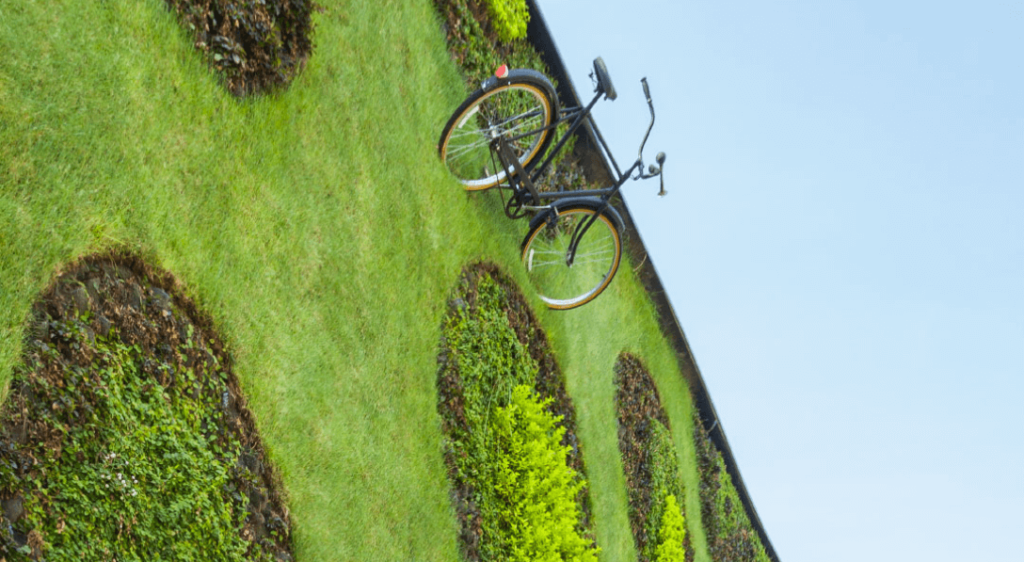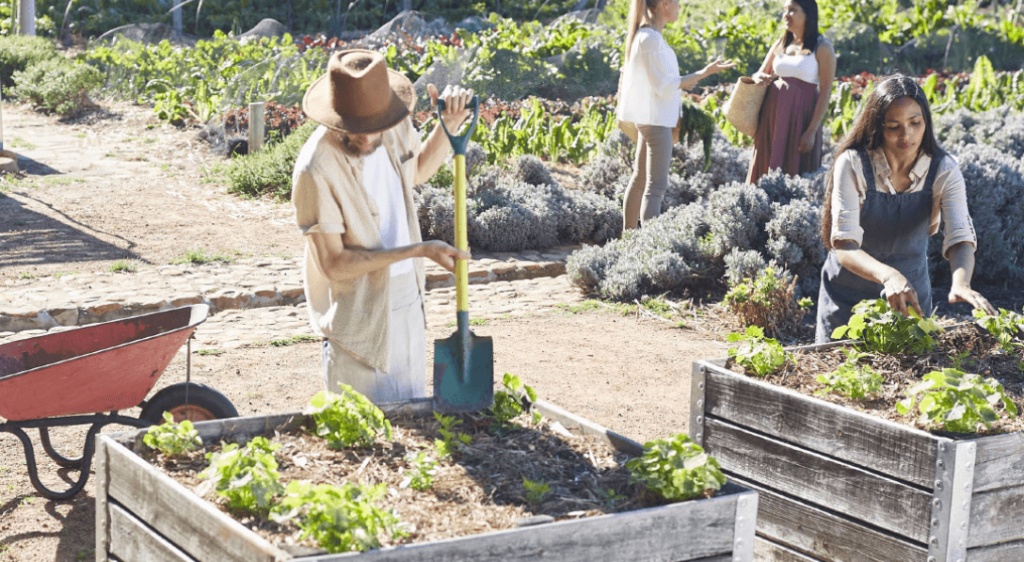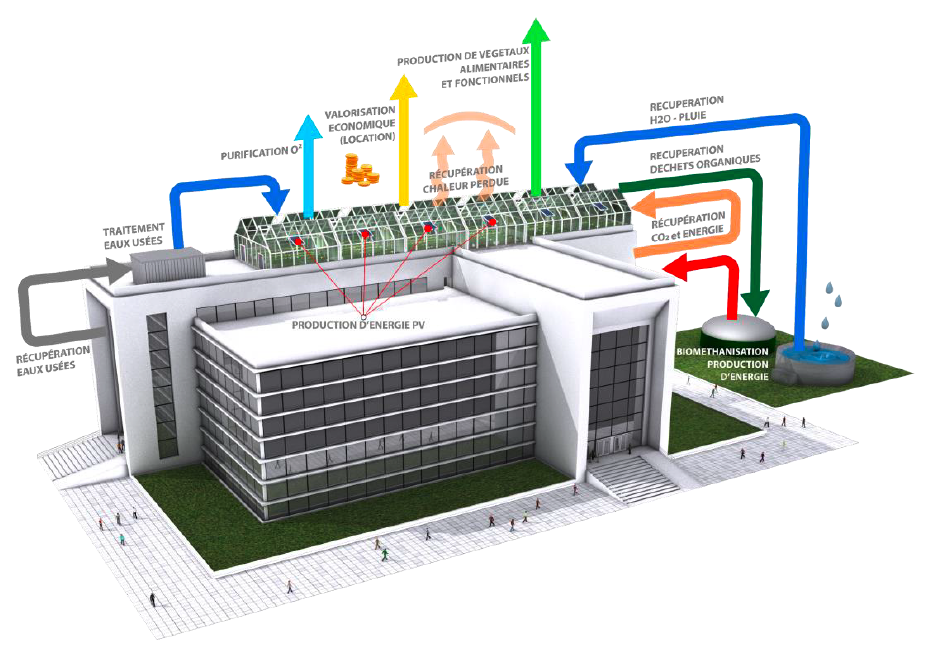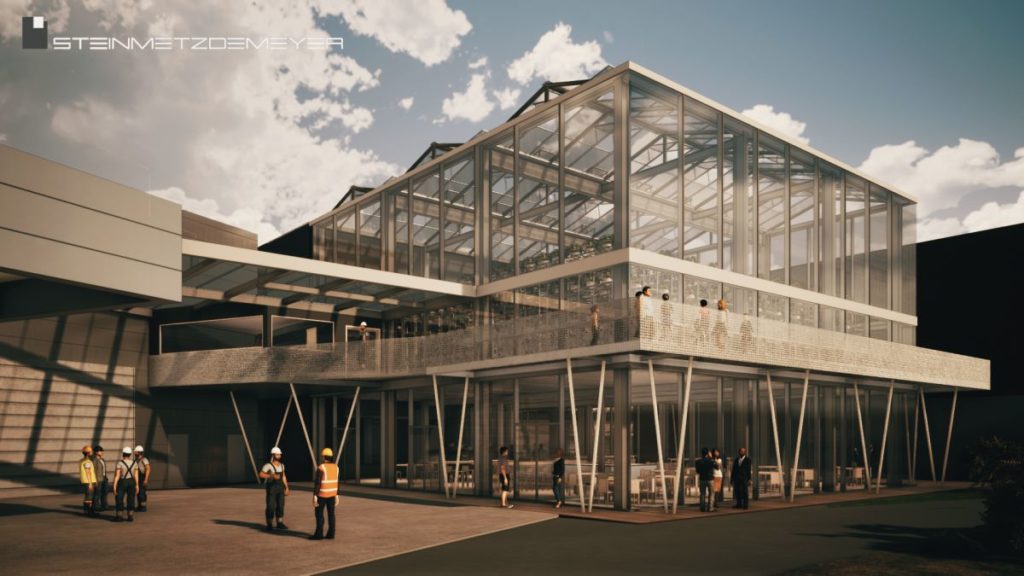Urban garden and horticultural shows have a long tradition in Europe. Many countries organise them, notably France with ‘Villes et Villages Fleuries’ (flowering cities and villages) and Germany with ‘Bundesgartenschau’ and ‘Landesgartenschau’ (federal and regional garden show).
Parks and green areas are created or refurbished to accommodate temporary exhibition areas. These spaces increase the attractiveness of cities and the well-being of residents. In 2025, an urban garden show will cover the whole of Luxembourg.
Rationale for action
Luxembourg has a long tradition in horticulture and related sectors. One is food production that yields a large range of niche products and producers as well as a well-developed local market which currently lack public recognition. An example is the long tradition of rose-growing in the country.
Objective
The Luxembourg Urban Garden show (LUGA) was launched to draw the attention of residents and tourists to the ‘green economy’ in Luxembourg. Appreciation for green jobs and local production will be increased by highlighting production methods, products and their historic and cultural importance. In addition to promoting the agricultural and horticultural sectors, it will also showcase ecological planning in the city of Luxembourg.

Time frame
Back in 2011 the idea for a horticultural show came up, which led to pre-studies and concept development. The LUGA will be held from May to October of 2025 but, as with other garden shows, the changes will be longer lasting, increasing the attractiveness of the city.
Originally, the garden show was planned for 2023. Because of the restrictions imposed in response to the COVID19 pandemic, the original timeplan had to be amended. In October 2021, it was decided to postpone the LUGA until 2025. Other measures have been put in place to compensate for the delay, inter alia a significant increase of the LUGA’s budget from EUR 10 million to EUR 22 million.
Key players
The City of Luxembourg has a key role as the main exhibition site. The Ministry of Agriculture, Viticulture and Rural Development is a key player and LUGA will be implemented in cooperation with the Ministry of Culture, the Ministry of Economy and the Ministry of Finance.
In charge for the implementation if the horticultural show is an association of which the Ministry of Agriculture, Viticulture and Rural Development and the City of Luxembourg hold equal shares.

Implementation steps and processes
The Luxembourg horticultural association planted the seed for a horticultural show back in 2011. Since then, administrations have been active and have also conducted a feasibility study. In 2017, the garden show was approved and in 2019 the financial agreement was signed by all the partners. To implement LUGA an association was founded in 2019.
In July 2019, there was a press conference with political representatives of Luxembourg city and the Ministry of Agriculture, Viticulture and rural Development where the plans, layout and objectives were presented to the public.
Since then, the LUGA association has worked on detailing the plans and preparing implementation of the garden show to take place from May to October 2025.

Required resources
The project has a budget of EUR 10 million. Half of this is provided by the state and half by the City of Luxembourg. The budget should cover the LUGA association operating costs, coordination activities and also co-finance some of the projects.
Since 2019, four people in the LUGA association have been working full-time on the show. To implement the show, the association can rely on the support of many national and city services, for example the Luxembourg City park service.
Results
A public workshop in the presence of the Minister for Agriculture, Viticulture and Rural Development and the Luxembourg City Alderman for urban development was held in November 2019 where interested citizens could propose ideas. This workshop gathered more than 400 ideas from all parts of the country. These ideas were categorised in four themes that will structure the show in four sites in Luxembourg City:
- ‘Pure nature’, will highlight the newly renaturalised Pétrusse river and adjacent park in the Pétrusse valley, a deep valley next to the city centre;
- ‘Social nature’, will cover community gardens, ecological agriculture and urban agriculture in the Limpertsberg residential area and its park;
- ‘Culture nature’ will feature historic gardens, floral art and cultural events in the historic eastern part of the city, around Grund, Clausen and Pfaffenthal;
- ‘Urban development nature’ will show new and innovative approaches to urban greenery in the Kirchberg business district.

Every exhibition site will be open to the public. The association counts on active involvement and support from citizens, businesses and interested organisations to implement LUGA in a collaborative way.
LUGA is designed to be open. Citizens can become involved and contribute as can other areas or businesses across the country that wish to become affiliated partners. This way, they can benefit from the publicity and attention created through LUGA.

Experiences, success factors, risks
The enthusiastic publicity and promotion of LUGA in Luxembourg is raising expectations of residents and visitors towards the garden show.
The participative workshop in November 2019 was a success. Asking citizens and interested persons to propose ideas and concepts provided a wealth of proposals that could be realised under LUGA. Many of the ideas will be implemented in at least one of the exhibition sites in Luxembourg City or elsewhere in the country. Such participation significantly increases acceptance and ownership of citizens with the project.
Conclusions
With LUGA, Luxembourg will hold its first garden show. Many people and administrations are collaborating to make the show a success in 2025. With the participation of citizens, lasting changes to the urban landscape and the interesting ideas and concepts reported in the press, LUGA promises to be a successful event.
Contact
General E-mail address of LUGA: info@luga2023.lu
References
LUGA – Luxembourg Urban Garden, 2020: Website (in German):
Luxembourg Government, 2019: Public announcement of the Luxembourg Urban Garden exposition (in German):







